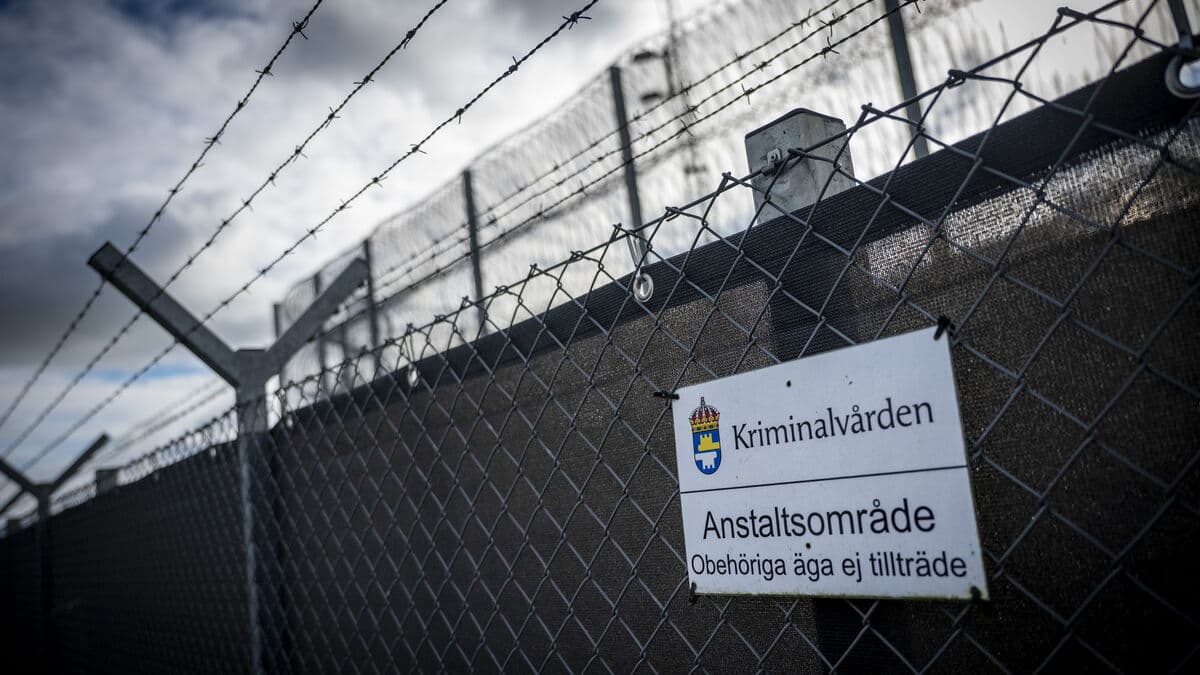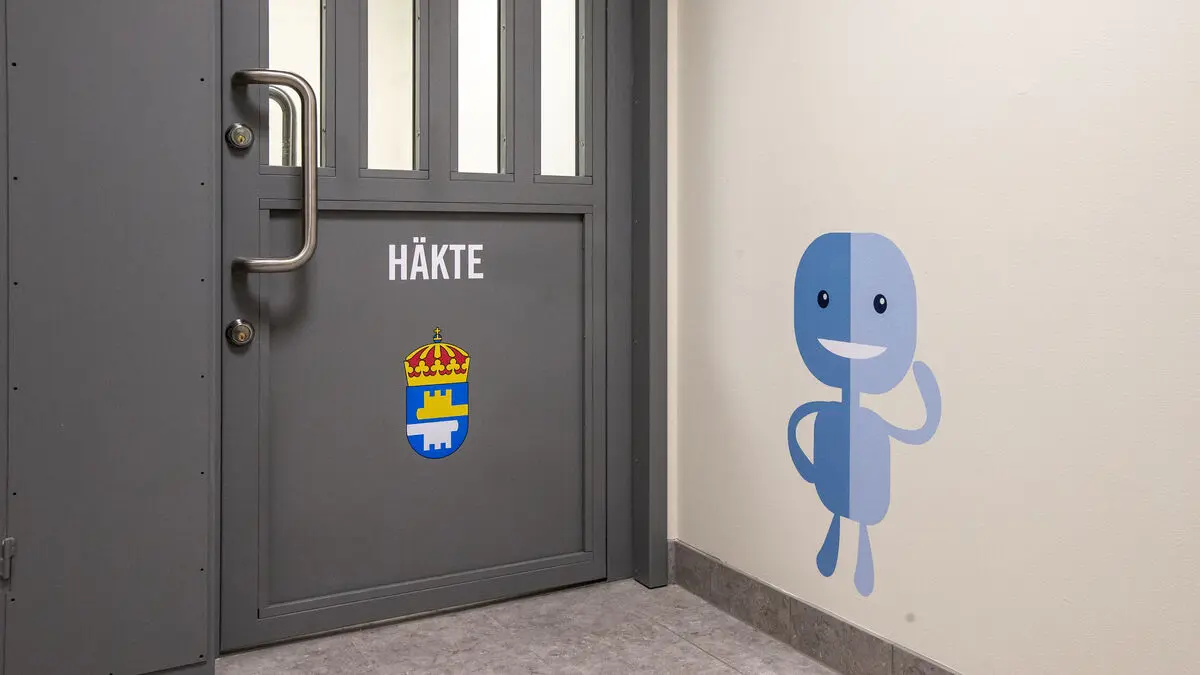The government's plan is for prison departments for children to be ready by July 1 next year. By then, the age of criminal responsibility will also have been lowered from 15 to 13 years for serious crimes.
But the government appears to be essentially alone in its intention to make 13-year-olds criminally responsible. Of the 89 bodies that responded on Wednesday afternoon, 67 oppose, have objections or are sharply critical. Phrases such as “deeply problematic” and “unreasonable” are used here. The remaining 22 refrain from commenting, have no views or, in a couple of cases, are neither clearly for nor against.
Remarkable
The Swedish Prison and Probation Service is, as TT previously reported, clearly against imprisonment for 13-year-olds and warns that it is not equipped to accept such young children.
The Chancellor of Justice and the Swedish Prosecution Authority, among others, point out that no convincing reasons have been presented for making 13-year-olds of legal age – the investigation saw nothing to justify such a low age limit, and stopped at 14 years.
The Seko union, which organizes correctional officers, finds it "remarkable and outrageous" that the government is proposing a 13-year limit when a large majority of the consultation bodies were already critical of the proposal for a 14-year limit.
The government has justified its proposal by saying that it increases the chance of redress for crime victims. But the Crime Victims' Hotline writes: "There are other possibilities for redress for crime victims than putting 13-year-olds in prison."
The Swedish Council for Crime Prevention (Brå) points out that a reduction to 13 years means that Sweden deviates even further from the UN's recommendations not to lower the age of criminal responsibility.
Counterproductive
The County Administrative Board of Halland, where former National Police Chief Anders Thornberg is the county governor, warns that the proposal could be counterproductive. If children are labeled as criminals at such a young age, it risks increasing identification with a criminal lifestyle and ultimately leading to increased crime, according to the county administrative board.
A reduction to 13 years risks pushing crime down even further in the younger age range, the police warn, pointing out that gangs could target recruiting even younger children.
The government's proposal is poorly prepared on several points, criticizes the Swedish Public Prosecutor's Office and calls for, among other things, clear information about which penalties should apply to 13- and 14-year-olds and what should apply to detention. "For example, no consideration has been given to whether police detention cells and the Swedish Prison and Probation Service's detention cells are suitable for children as young as 13 years old," the authority writes.
The deadline for submissions is midnight.
Anna Lena Wallström/TT
Facts: Some of the critical instances
TT
Some additional consultation bodies that oppose the proposal to make 13-year-olds criminally responsible:
The Swedish Children's Rights Agency: "We believe that through the proposal, the government wants to give an image of power to act, without there being any evidence of the proposals' effect."
Civil Right Defenders: "We are concerned that the government is so clearly ignoring both the investigator's conclusions and the views of the consultation bodies."
The Swedish Association of Social Managers: "The proposal is insufficiently investigated, lacks evidence, may have the opposite effect and is contrary to the Convention on the Rights of the Child."
Swedish Local Authorities and Regions: "The effect of the reform work underway in the area of social services, among other things, should be awaited before more far-reaching changes are implemented."
Source: Reference response to the Ministry of Justice






